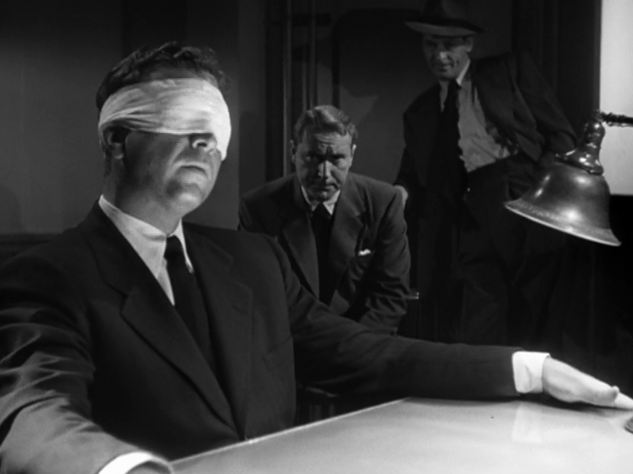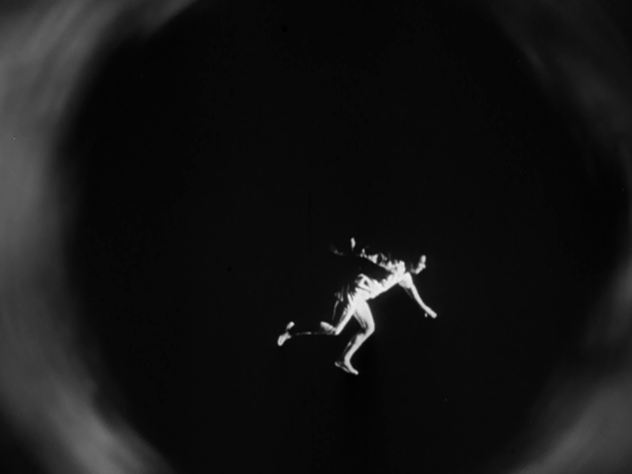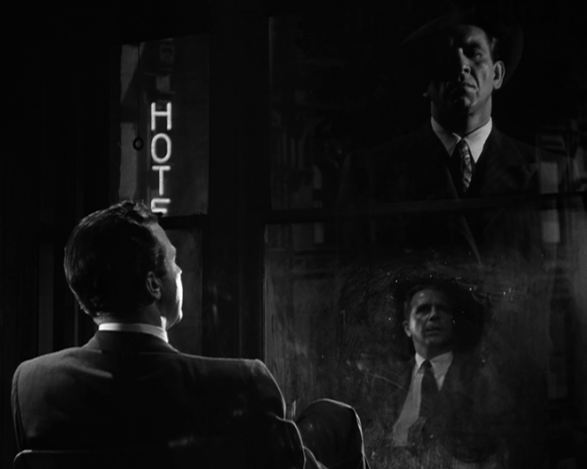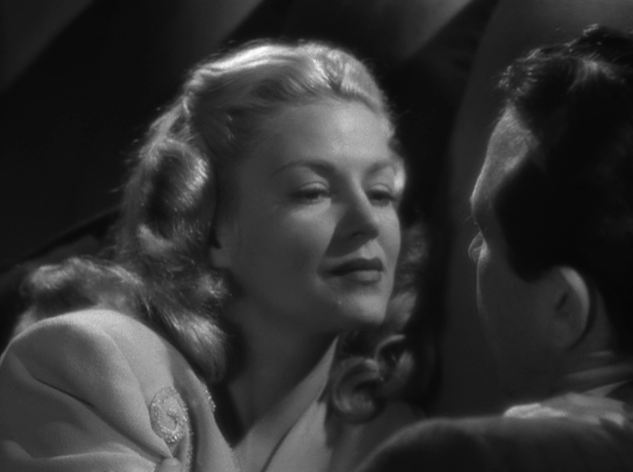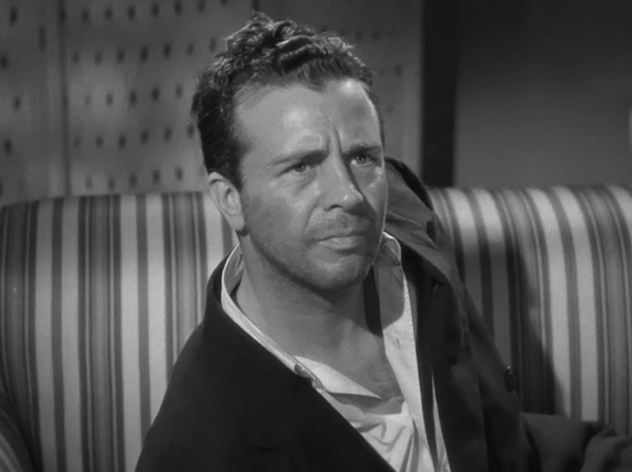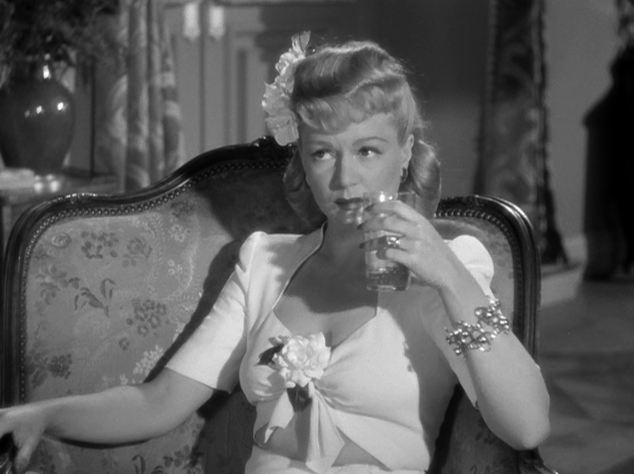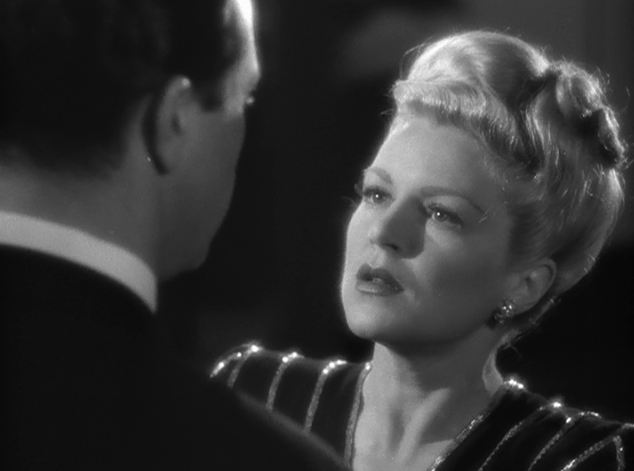Humphrey Bogart played Sam Spade in the Maltese Falcon in 1941, and then played Philip Marlowe in The Big Sleep in 1946, but in between these two, we find Dick Powell playing Marlowe in Murder My Sweet (1944, director Edward Dmytryk) — an adaptation of Farewell My Lovely. History has been kinder to Humphrey Bogart, but most would argue that while Bogart may have been a definitive Sam Spade, Dick Powell does well to capture the charm and cynicism of Marlowe. In fact, he’s probably proved better at it than anybody else.
This Article Copied to Classic Film Noir
Noir is the place where psychoneurotic storytelling became the norm. Psychoanalysis began its compelling march to international fame in America after the First World War, a course likely aided by post-war neurosis. By the 1940s a popularised version of psychoanalysis was featuring in more than just a pocketful of movies, and one of the places it began to pop up the most was in noir — boosted by another exacerbating clutch of post-war complexes. This was plumbed by noir, and intensified. War is at least simple insofar as society has one goal throughout — victory. Post-war, aims and directions can be confused, and ideology begins to lose its credibility.
Murder My Sweet benefits from being closer to its source material than many Raymond Chandler adaptations. The plot is disjointed and aimless, but this is an illusion as there is a real structure from which hangs this trove of some of the grandest guignols in modern fiction.
All in, Murder My Sweet reveals an entire raft of noir hallmarks — violence, crime, eroticism, powerlessness and the gallery of the grotesque.
The quotes are sensational, of course:
Ann Grayle: You know, I think you're nuts. You go barging around without a very clear idea of what you're doing. Everybody bats you down, smacks you over the head, fills you full of stuff... and you keep right on hitting between tackle and end. I don't think you even know which SIDE you're on.
Philip Marlowe: I don't know which side anybody's on. I don't even know who's playing today.
In the 1940s, noir excelled because of the balance between the scandalous nature of the material, and the requirements of the Production Code. In fact, the Code seems to have created this genre by proxy, replete with illicit relationships, criminal adventures and psychological revolt.
The best thing about Murder, My Sweet, which ranks it high in the canon, is that it not only features all of this, but destabilises it also, almost creating noir singlehandedly.

